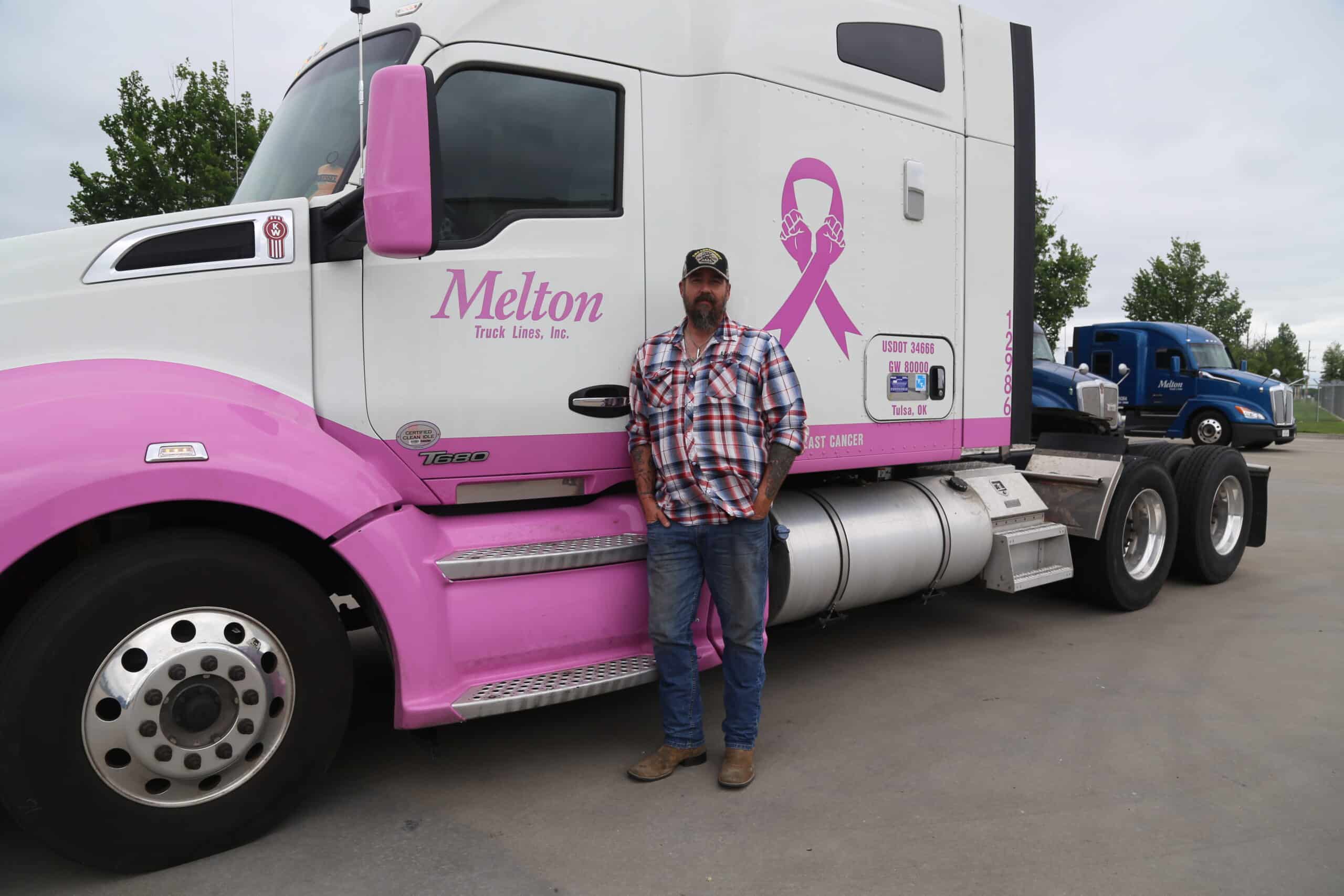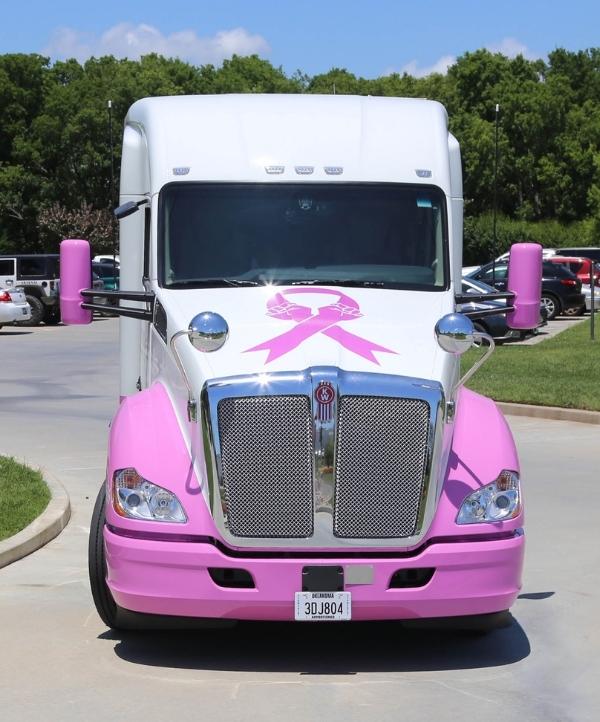Breast Cancer Awareness

October is Breast Cancer Awareness Month
Breast cancer is the uncontrolled growth of breast cells. Cancer occurs as a result of mutations, or abnormal changes, in the genes responsible for regulating the growth of cells and keeping them healthy. The genes are in each cell’s nucleus, which acts as the “control room” of each cell.
Normally, the cells in our bodies replace themselves through an orderly process of cell growth: healthy new cells take over as old ones die out. But over time, mutations can “turn on” certain genes and “turn off” others in a cell. That changed cell gains the ability to keep dividing without control or order, producing more cells just like it and forming a tumor.
Statistics show that 1 in 8 U.S. women will develop invasive breast cancer over the course of her lifetime. About 43,250 U.S. women are expected to die in 2022 from breast cancer.
For women at average risk, screening mammograms should be performed annually beginning at age 40 to check the breasts for any early signs of breast cancer. However, if you have a higher risk of breast cancer, you and your doctor may decide that you should start screening mammograms at a younger age.
Who should be screened? The American Cancer Society recommends that women starting at 40 years of age get annual screenings.


Melton’s health and wellness culture emphasizes preventative screenings and awareness.
Every year, we work with the Breast Health Network in hosting mobile mammography events for our drivers and office staff at our Tulsa terminal.
These free screenings are highly encouraged as routine, preventative screenings are key to catching early signs and treating breast cancer appropriately.
If you have questions about breast cancer, screening or preventative care, contact the American Cancer Society at: 1-800-227-2345
